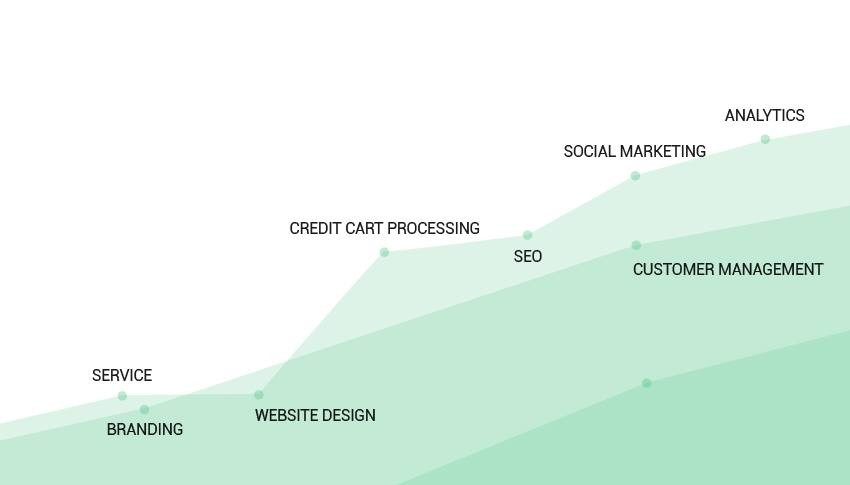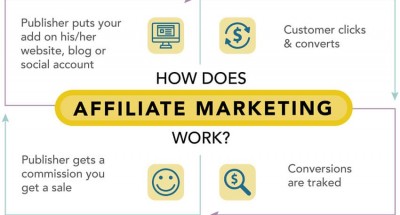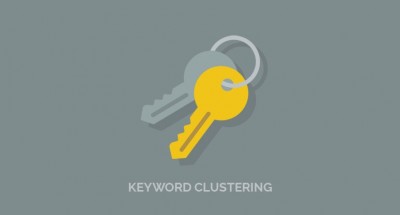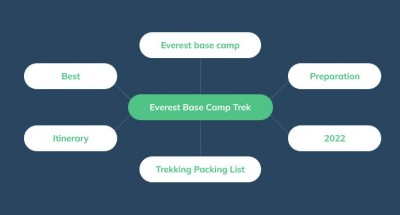With nearly 600 new websites created every minute, the internet is a busy place. Social networks, blogs, video sites, photo sharing sites, e-commerce and plenty more - the variety of websites out there is huge. To define an e-commerce site, and keep things simple, we’ll stick to the differences between an e-commerce site and an informational site. What distinguishes each and what purpose, and audience, do they serve?
How eCommerce Sites Differ From Other Websites

Table of Contents
Informational Site
Informational sites vary from personal blogs to company websites, and the content can vary greatly, from medical information and parenting advice to DIY tips. They’re designed to attract an audience by providing useful and/or entertaining information. They also provide a platform for people or businesses to display samples of their work or product demos in the form of videos.
As a company website, they will likely host content that’s relevant to the product or service the company provides to attract the right target audience and provide information about the company. An informational website, in short, provides useful information to users, often about the company or the product or service they provide, but any service delivery or transactions take place offline.
E-commerce Site
Unlike an informational site, with an e-commerce site, all or most of the transaction takes place online, whether for a service - creating a website, writing, or editing - or for a product. Most e-commerce sites try to provide comprehensive product information as well as providing the product itself. These products may be physical, through e-commerce sites like Amazon or online clothing stores, but can also be digital, like when you buy music through iTunes.
Beyond simply promoting a product or service online, e-commerce sites actually provide the product. This cut a lot of financial cost on the part of the retailer and offers convenience to their customers. Retailers can have a much wider customer base that’s not limited by location while spending less on premises and customers can shop from the convenience of their own home.
In short, the key difference between the two is their function. An informational site may advertise and provide information about a product or service, but any transactions are done offline, usually in a set location, such as a physical store. An e-commerce site usually provides the same information, but goes further in that it sells a product or provides a service online, no matter where a customer is.


